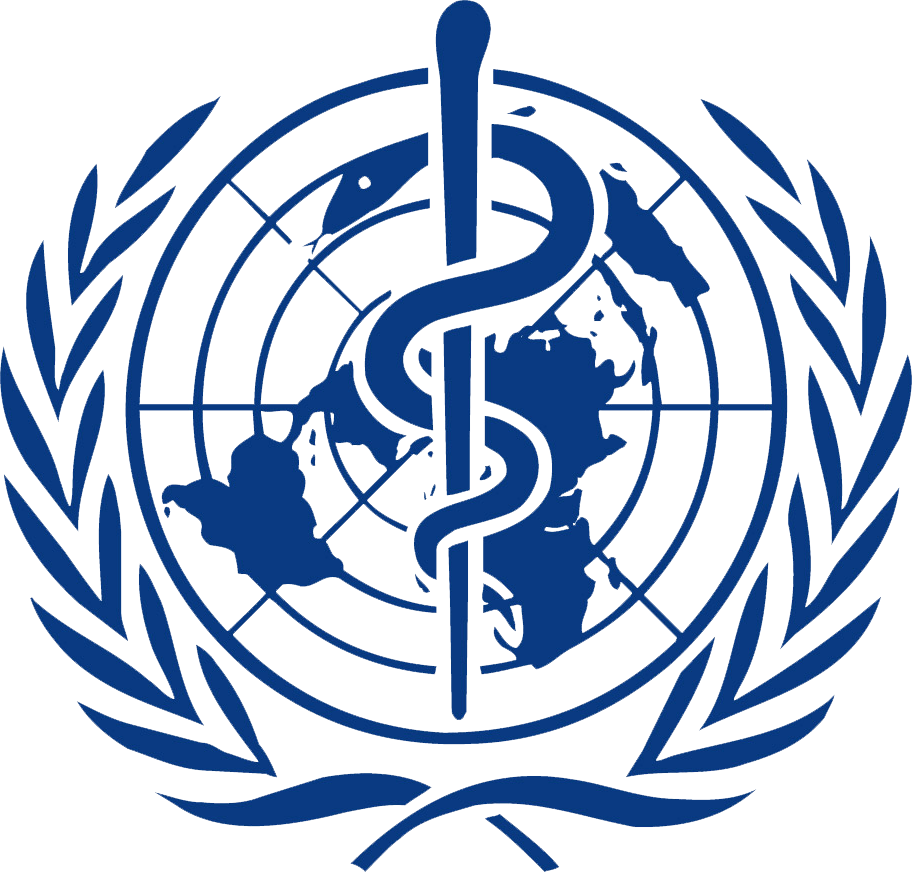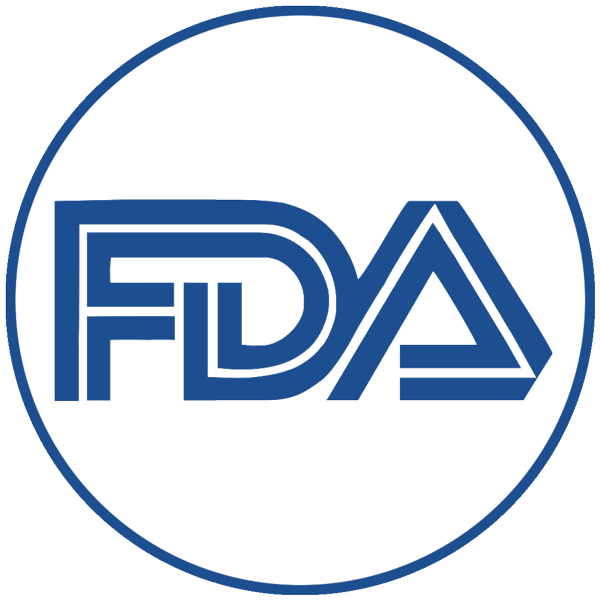BEVACIZUMAB
Bevacizumab is a monoclonal anti-vascular endothelial growth factor antibody used in combination with antineoplastic agents for the treatment of many types of cancer.
There is a great deal of evidence indicating that vascular endothelial growth factor (VEGF) is important for the survival and proliferation of cancer cells. VEGF plays an important role in angiogenesis, lymphangiogenesis, and tumor growth, which are all factors that contribute to its attractiveness as a therapeutic target for anti-cancer therapies.
AVASTIN
In 2004, bevacizumab (Avastin) gained FDA approval for specific types of cancer, and became the first antiangiogenic agent introduced to the market.23,24 It is a humanized monoclonal IgG antibody, and inhibits angiogenesis by binding and neutralizing VEGF-A.7,14 Bevacizumab is generally indicated for use in combination with different chemotherapy regimens which are specific to the type, severity, and stage of cancer.25 There are also biosimilars of bevacizumab available in the US.
COVID. 19
Interestingly, researchers have identified higher VEGF expression in patients with COVID-19, which may contribute to lung pathologies including acute respiratory syndrome (ARDS) and acute lung injury (ALI). As such, bevacizumab is being investigated for the treatment of lung complications associated with severe cases of COVID-19.
As a vascular endothelial growth factor (VEGF) inhibitor, bevacizumab is used in several chemotherapy regimens to treat metastatic colorectal cancer; metastatic, unresectable, locally advanced or recurrent non-squamous non-small cell lung cancer; metastatic renal cell carcinoma; metastatic, persistent, or recurrent cervical cancer; primary peritoneal cancer; epithelial ovarian cancer; and fallopian tube cancer. It can also be used to treat recurrent glioblastoma.
Pharmacodynamics
Bevacizumab binds circulating vascular endothelial-derived growth factor (VEGF) and blocks it from binding to its associated receptors, effectively blunting downstream signaling. The effects of bevacizumab have been shown to re-establish normal vasculature at the tumor site resulting in increased nutrient and oxygen supply, while also improving the delivery of chemotherapeutic drugs to the target area. On the other hand, VEGF signaling is a vital component of several processes including angiogenesis, lymphangiogenesis, blood pressure regulation, wound healing, coagulation, and renal filtration. Although blocking VEGF may inhibit metastatic disease progression, it may also result in unintended effects due to the role of VEGF in several other physiologic processes.
Mechanism of action
Transcription of the VEGF protein is induced by 'hypoxia inducible factor' (HIF) in a hypoxic environment. When circulating VEGF binds to VEGF receptors (VEGFR-1 and VEGFR-2) located on endothelial cells, various downstream effects are initiated. It should be noted that VEGF also binds to the neuropilin co-receptors (NRP-1 and NRP-1), leading to enhanced signaling.
Cancer cells promote tumor angiogenesis by releasing VEGF, resulting in the creation of an immature and disorganized vascular network. The hypoxic microenvironment promoted by cancer cells favors the survival of more aggressive tumor cells, and gives rise to a challenging environment for immune cells to respond appropriately. As a result, VEGF has become a well-known target for anti-cancer drugs like bevacizumab.6 Bevacizumab is a mAb that exerts its effects by binding and inactivating serum VEGF. When bound to the mAb, VEGF is unable to interact with its cell surface receptors, and proangiogenic signalling is inhibited. This prevents formation of new blood vessels, decreases tumor vasculature, and reduces tumor blood supply.
There is also evidence to suggest that VEGF is upregulated in COVID-19 patients, hence, bevacizumab is being investigated for the treatment of associated complications. Higher levels of VEGF may contribute to pulmonary edema, leading to acute respiratory distress syndrome (ARDS) and acute lung injury (ALI). Researchers are hopeful that by inhibiting VEGF, bevacizumab may effectively treat ARDS and ALI - both common features of severe COVID-19 cases.





